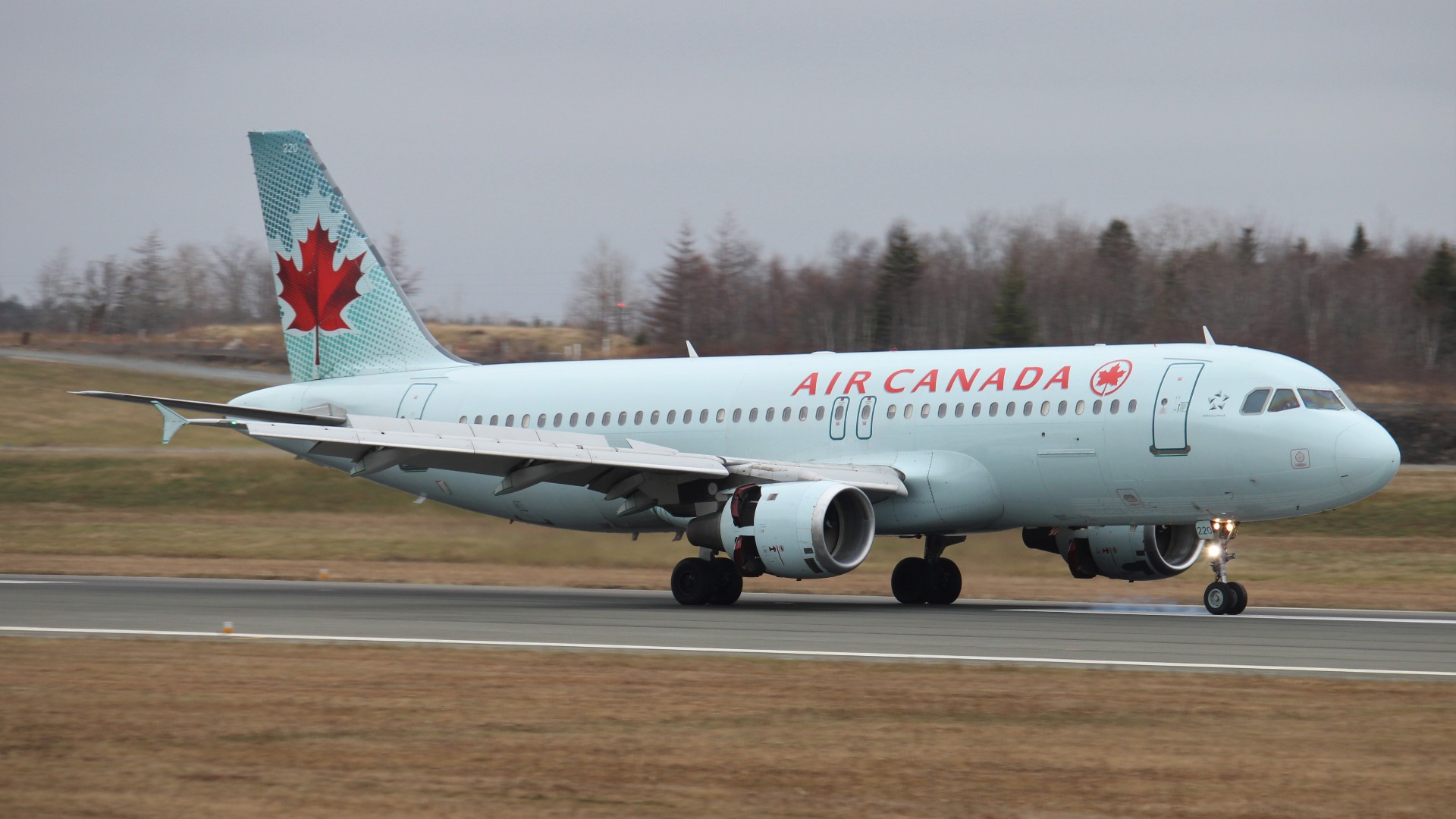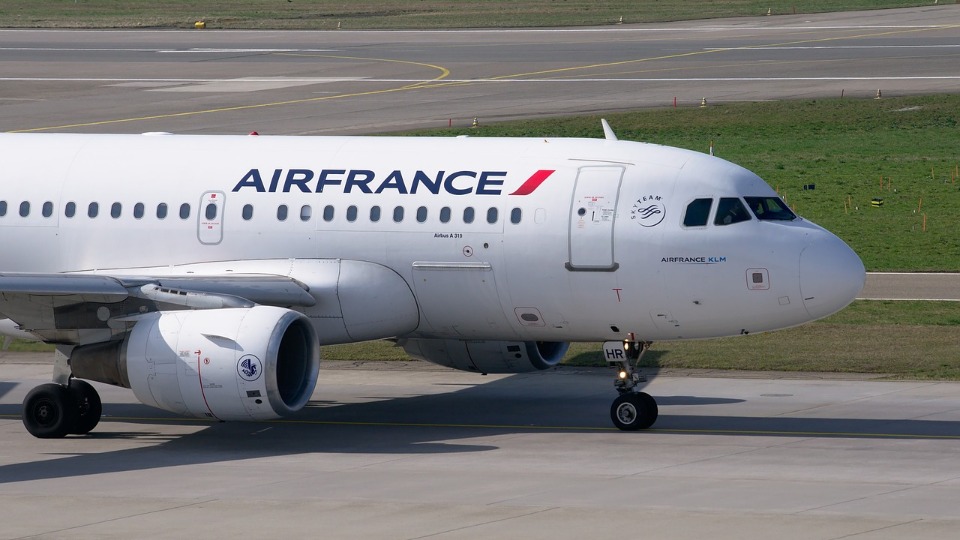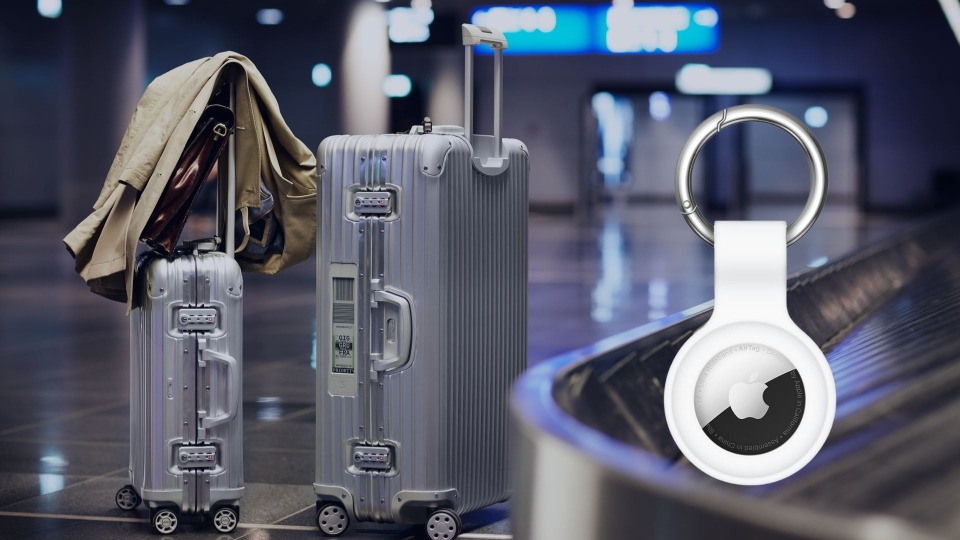
Truck Fire Causes Damage to Air Canada's Boeing 777-300ER

Air Canada's Boeing 777-300ER registered C-FITL was damaged on July 9 when a nearby vehicle caught fire.
The incident happened at gate 66 of Montreal-Pierre Elliott Trudeau International Airport.
Fire under the aircraft caused by a vehicle
The Boeing 777-3ER arrived at Montreal Airport from Geneva International Airport, Switzerland. The aircraft that had been operating as flight AC885 had completed taxiing and pulled into its gate at Montreal Airport.
A water truck, located under the tail cone and the empennage of the aircraft at 15:15 local (time), was delivering water to the tanks. The vehicle caught fire unexpectedly and quickly became engulfed by flames. The fire that followed caused plumes of smoke and flames to cover the tail cone.
The intensity of the fire caused thick black smoke to enter the cabin. A spokesperson for the airline stated that the fire started with several passengers aboard, but the rest of the passengers quickly left the plane. The fire was quickly extinguished by emergency crews within 30 minutes. No injuries or fatalities were reported. A spokesperson for Air Canada released a press release regarding the incident. The statement said:
"In accordance with our safety procedures, the crew responded professionally by ensuring the quick deplanement of remaining passengers from the aircraft, which had landed from Geneva. We are very proud of our employees' actions in responding to this incident."
The cause of the fire on the vehicle is still unknown. It is still unclear what caused the fire to spread so quickly. The flames also damaged one of the doors on the aircraft, according to reports. The aircraft was taken off service as a result.
Air Canada fleet again disrupted
The incident occurred less than one week after Air Canada struggled to get through the Canada Day holiday weekend. Air Canada had to deal with 2,000 flights which were either delayed or canceled.
Air Canada, Air Canada Rouge (its low-cost subsidiary) and Jazz Aviation, its regional partner, were all affected from Saturday to Monday. It is more than 52 percent of the scheduled flights.
These disruptions were caused by a crowded flight schedule, combined with a shortage of crew. The high passenger load due to summer peak travel also added to the problem. In such a tightly packed schedule, a single delay can have repercussions.
A spokesperson for an airline released a press release about the busy weekend.
"There is currently a very strong demand for air travel in Canada, resulting in high passenger loads aboard our aircraft. We are operating at full capacity and, to give you an idea, over the four days of the July 1 holiday weekend, we successfully carried nearly 600,000 customers."
Source: simpleflying.com








